For businesses of all sizes, it is important to conduct custom market research to understand the competition as well as to stay ahead of industry trends and adapt quickly to the shifting landscape.
And good competitive market intelligence is crucial for success.
With the advancement of competitive intelligence solutions in recent years, businesses have started leveraging diverse tools to turn the luxury of custom research into a regular practice. Affordable and powerful tools, now widely available, have made it easier for businesses to conduct thorough market research and online competitor analysis and generate valuable insights in real time.
Competitive Intelligence Tools - Introduction
Competitive intelligence (CI) tools are software applications that facilitate the gathering and analysis of critical competitor information. The gathered data can be used to outline strategies and achieve the goals of a business.
The growing competition and highly volatile market conditions are keeping businesses on their feet. Today competitors significantly contribute to the performance of any business. It is, therefore, essential for businesses to learn about their competitors, observe their strategies, and identify what's working for them. However, before diving deep into the details of specific competitors' marketing strategies, it is important to develop a general understanding of the overall market.
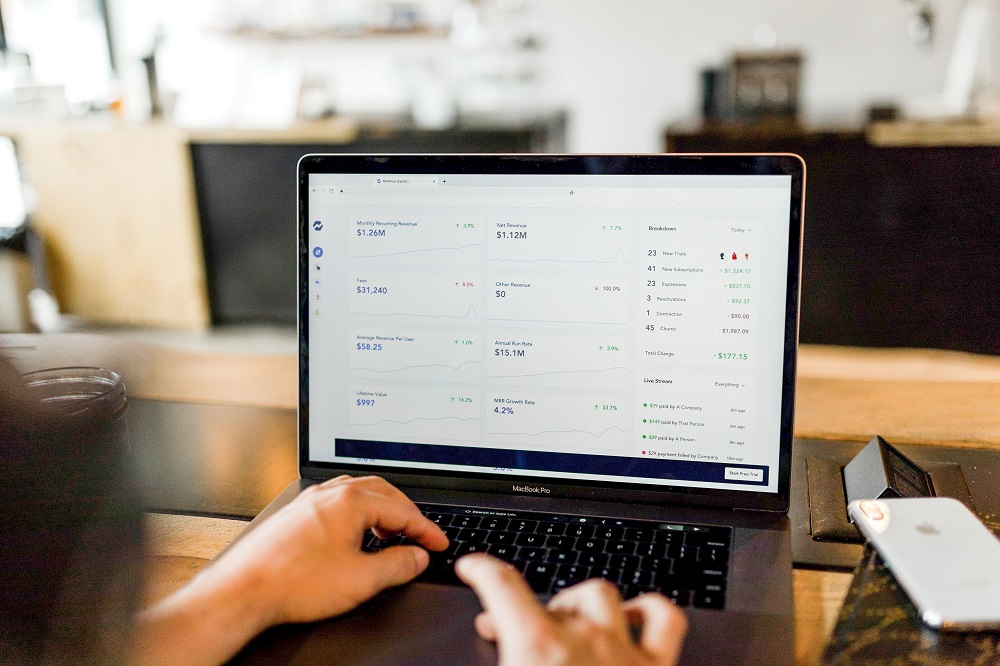
How Competitive Intelligence Tools Work
Unlike marketing intelligence tool that focuses on publicly available or client-focused information to gain an understanding of the customer and their behavior, the best competitive intelligence tools track the competitors' complete digital footprint. Their data collection scope includes product pricing, reviews, news, live events, promotional content, and social media strategy.
A product must offer the following two functions to qualify for inclusion in the top competitive intelligence tools category.
-
Collecting as well as analyzing competitive intelligence data,
-
And offering a centralized platform for reviewing and collaborating on better strategies.
Read more: Everything About Competitive Intelligence
Professional competitive intelligence (CI) tools enable businesses to capture, analyze, and take action on their competitive landscape. The accumulated data helps different teams within a business, ranging from marketing, sales, product, and senior leadership, to drive future investments and company strategies. These tools provide insight into advertising strategy, pricing changes, and product additions.

Types of Competitive Intelligence Tools
There are many tools available that assist businesses in understanding the nuances of customer preferences, along with gaining high-level information about their businesses. These tools also serve as a starting place to build a holistic overview of the current market landscape and emerging trends.
Leaders can categorize competitive intelligence tools and data strategies based on data volume, reporting period, automation, cloud integration, and data sources’ attributes.
-
Competitive Intelligence Tools for Niche vs. Broad Markets
Some competitive intelligence programs are unique to an industry, sector, or target niche market. Their data gathering and analysis options focus on a small subset of businesses and customers in an industry. As a result, brands can use these competitive intelligence technologies on a modular basis and avoid spending money on capabilities they do not want.
Simultaneously, comprehensive competitive intelligence development systems address multiple disciplines, geopolitical territories, and customer profiles. If a company uses such tool, it can ensure documentation consistency across different departments and regional offices. The competitive intelligence systems handling broader market and business rival studies are suitable for global firms with significant budgets.
-
Short-Term vs. Long-Term Competitive Intelligence Applications
Short-term competitive intelligence includes insights into rival brands’ recent activities, helping your team brainstorm tactical improvements. You can utilize the fresh data to derive counterstrategies whenever a competitor tries to surpass you via new marketing and research programs.
On the other hand, long-term competitive intelligence data processors aid in strategy determination. These applications prioritize estimating how your market share and competitiveness will evolve over decades.
Read Also: Predictive Analytics Tools
-
Automated vs. Manual Competitive Intelligence Tools
Due to artificial intelligence (AI) and machine learning (ML) models, configuring computers to perform standard quality assurance has become possible. Competitive intelligence technologies that integrate intent discovery, contextual pattern recognition, and unstructured data analytics rely on AI and ML.
Nevertheless, startups and micro enterprises can leverage workbook programs like Microsoft Excel, LibreOffice Calc, or Google Sheets for manual data sorting. You can use word processing and database systems to perform statistical inquiries if your competitive intelligence needs do not require extensive automation.
-
Locally-Hosted vs. Virtualized Competitive Intelligence Technologies
A hybrid cloud ecosystem assists organizations in migrating competitors’ data and customer-centric insights from legacy data storage hardware to a virtual environment. However, a local IT infrastructure might be sufficient for businesses having preliminary competitive intelligence needs.
Thoroughly cloud-hosted competitive intelligence tools eliminate the need for hardware maintenance, physical safety planning, and manual backups. As a result, companies save resources while their competitive intelligence databases are well-protected in the cloud.
-
Competitive Intelligence Programs for External vs. Internal Data Sourcing
Internal competitive intelligence describes your business models’ systemic strengths and weaknesses. If a competitive intelligence tool provides you with qualitative insights regarding inefficient operations, it is suitable for internal competitive intelligence gathering.
External competitive intelligence is the prominent data-gathering category when discussing corporate competitiveness. So, several software applications embrace secondary or public data sources to create external competitive intelligence databases. Unlike internal data sources, social networking sites, news platforms, consumer forums, and academic research journals are central to external competitive intelligence tools.
Let's explore some highly advanced competitive intelligence tools for marketers that will help you boost a good reputation.
Top Competitive Intelligence Tools
-
Semrush Competitive Analysis Tool
Semrush's Traffic Analytics is a competitive intelligence tool that enables users to check website traffic as well as analyze their marketing efforts. Allows users to enter one to five domains into the tool. It assists in generating reports on the most critical website traffic metrics, including— the number of visitors, top landing pages, user engagement, audience overlap, traffic sources, destination sites, and subdomains. It also helps identify competitor strategies and tactics in detail and gain information to identify potential business partners, backlink providers, and more.
Recognized as one of the best tools for comparing specific competitors, Semrush Traffic Analytics's competitor analysis feature is incomparable to other tools. It is a must for competitor research. The tool offers users the opportunity to create benchmarks and compare their rivals against each other. With the help of strong visual cues, they can get a comprehensive idea of what the competition is up to. It also monitors competitors' landing pages and gauges metrics like bounce-back rate, visitors, and traffic by location.
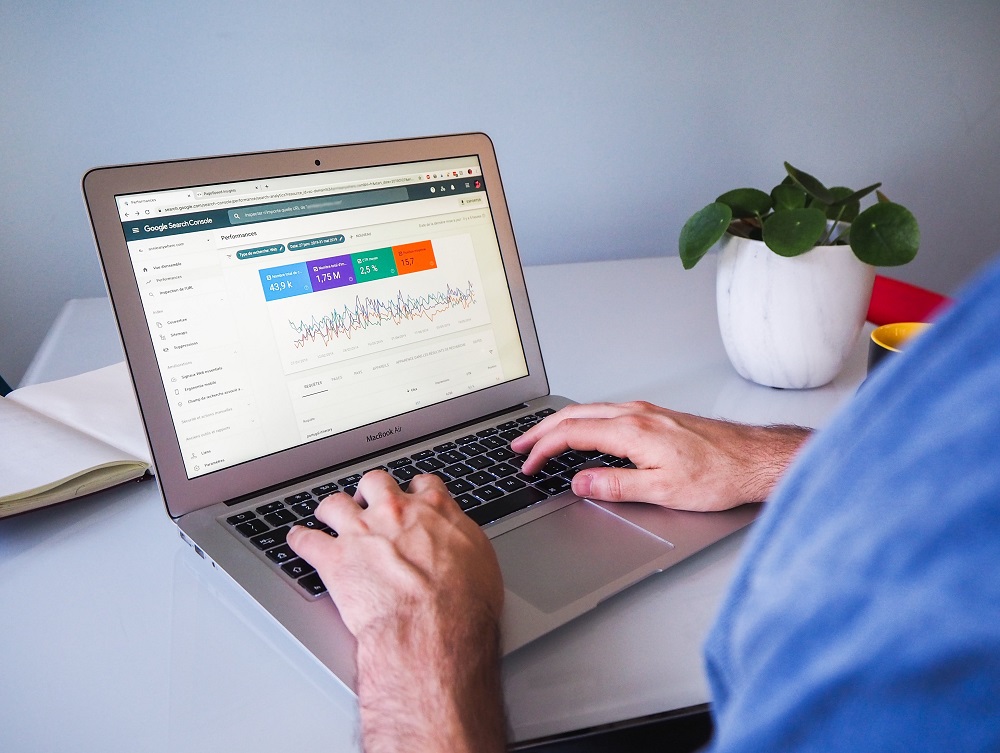
Features:
-
Monitor traffic sources, visits, and bounce rate, of your competitor's landing page.
-
Analyses web traffic based on geo-location
-
Tracks mobile/desktop traffic
Read more: An Ultimate Guide: Business Intelligence in Data Analytics
-
Visualping Website Monitoring Tool
Visualping is considered one of the best for tracking changes for competitor websites, pricing changes, product offers, social media updates, and marketing campaign releases. An easy-to-use online tool, Visualping helps track website changes and saves time to stay on top of all its competitors. Almost 1.5M users, including 83% of Fortune 500 companies, use the tool.
To start tracking a competitor, the user needs to -
-
Introduce the URL of the webpage they want to track
-
Select the area to be monitored
-
Type the email address
-
select the frequency
-
Use the advanced settings to personalize the monitoring

The tool also assists the users in tracking changes in visual or text elements and performing actions like clicking buttons, typing, or scrolling.
Visualping Features:
-
Website tracking and monitoring
-
SERP changes tracking
-
Easy to use
-
Email notifications
-
Free as well as paid options
-
Wappalyzer
A simple browser extension Wappalyzer helps in analyzing and reporting on what technologies competitors use on their sites. The tool helps in detecting content management systems, and e-commerce platforms, along with web frameworks, data analytics tools, advertising networks, and more. With technology offering businesses a serious competitive advantage, it is vital for them to understand what tech their rivals are integrating into their website. Having an understanding of the competition will assist them in becoming better equipped to compete.
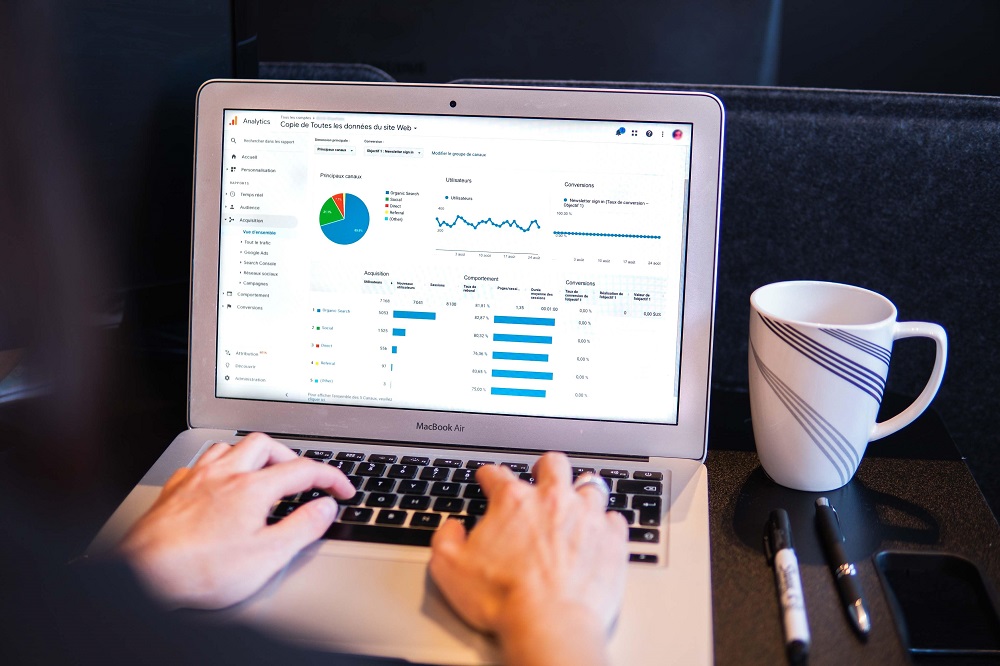
Read more: US Job Growth Report: Why is the Market Slowing Down?
-
Kompyte
An AI-driven competitive intelligence tool, Kompyte offers go-to-market teams the insights required to win over competitors in the market. The tool uses machine learning to collect, analyze, as well as organize data to assist teams in generating and sharing actionable insights in real time.
With fully automated workflows and an easy-to-use framework, Kompyte makes it easy for multiple teams to respond to rapidly shifting market dynamics effectively. The Kompyte solution incorporates a number of customizable dashboards, along with reports, workflows, and tools for competitive tracking. By analyzing a competitor's entire digital landscape and gathering actionable insights, Kompyte is beneficial for a broad audience within an organization.
-
SpyFu
SpyFu is a substantial SEO tracking and monitoring tool widely popular among digital circles. It offers users a unique SEO and PPC research framework known as Kombat. Kombat allows the user to identify how their top keywords are performing compared to their competitors. It also alerts them if there is any overlap between the two parties. SpyFu has an innovative dashboard that assists in handling all the essential metrics, including monthly clicks, cost per click, and click-through rate.
SpyFu Features:
-
Keyword research
-
Site auditing
-
SERP Rank tracking
-
Competitor analysis
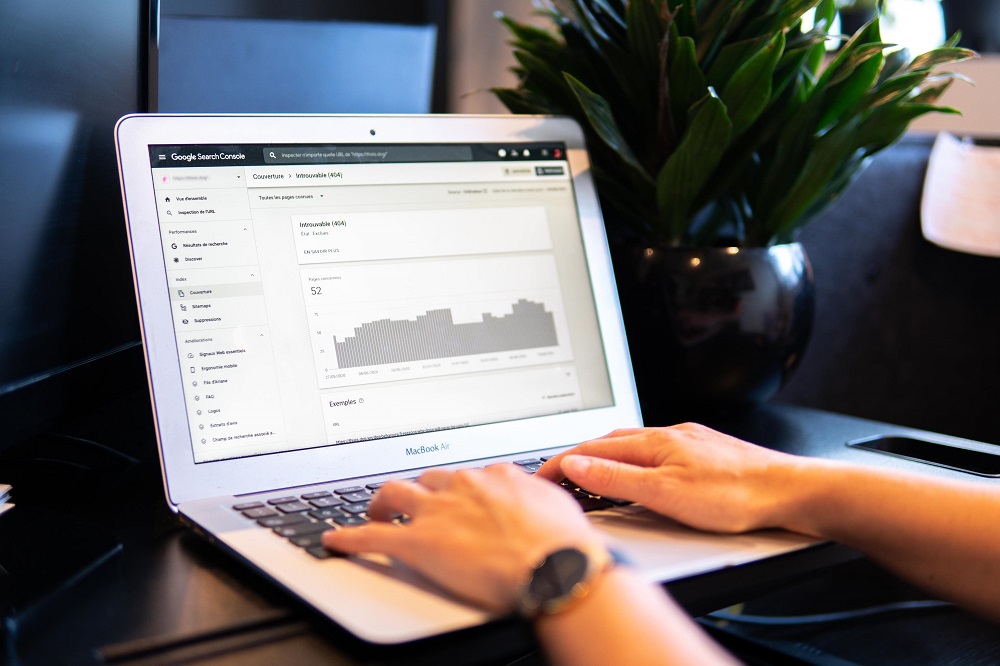
-
Owletter
Owletter is a great competitive intelligence tool to track competitor email marketing efforts. The tool enables businesses to capture all emails from a specific website and uses artificial intelligence (AI) to analyze them and alerts the user of anything important they should know about. It also offers analytics that helps spot trends, track seasonality, and understand the target audience's demographics. Owletter lets them deep-dive into their competitors' offers, product announcements, and other communications. Based on the collected data, the user can then discover what engages the audience, ranging from subject lines that compel them to open the emails to content.
Read more: What is Competitive Intelligence?
Advantages of Competitive Intelligence Tools
-
Competitive intelligence applications offer practical performance-boosting ideas based on the difference between your and competing brands’ growth strategies.
-
You promote reporting standardization due to the pre-configured templates your competitor analysts get in the competitive intelligence programs.
-
Cloud-based competitive intelligence systems reduce the cybersecurity risks related to physical decay, hardware theft, fire hazards, and inconsistent maintenance.
-
Several competitive intelligence tools offer user-friendly data visualization tools and dashboards, streamlining your communication methods and helping multi-disciplinary meetings succeed without jargon or number-crunching.
-
Automation facilities free your coworkers to take on tasks more challenging than manual data sorting and content inspection.
Choosing the Right Competitive Intelligence Tool
Like most data operations, competitive intelligence practices’ effectiveness depends on your investment in IT resources, domain experts, and in-house teams’ digital literacy. Therefore, you must consider the following aspects when selecting the best competitive intelligence tools.
-
Can your employees learn and use the competitive intelligence tool application with ease?
-
How much data volume do you intend to collect, transform, and investigate?
-
Will an extensive data warehousing system or on-premises storage be necessary?
-
What would the cost be if you were to procure the latest competitive intelligence tools?
-
Does the competitive intelligence program allow real-time collaboration between office attendees, remote workers, and suppliers?
-
Is it easy to export your company’s competitive intelligence into a standard format if you want to switch to other competitive intelligence tools?
You can increase these considerations if you want niche-focused or customized competitive intelligence technologies. That case will raise more queries regarding business case relevance.
Implementing Competitive Intelligence Tools in Your Business
Once you have finalized a list of competitive intelligence tools for the enterprise’s requirements, you must craft a scheduling and controlling strategy. Otherwise, productivity or data quality issues can increase after you deploy competitive intelligence technologies without proper planning.
-
Identify operations likely to be affected by new competitive intelligence reporting. Furthermore, encourage the involved teams to share honest feedback about whether they are comfortable with the procured program.
-
Train your coworkers to help them be skilled in completing their competitive intelligence development using the tool. You want to do this before rolling out the competitive intelligence tool organization-wide.
-
Launch the competitive intelligence tool if all stakeholder concerns are resolved. Additionally, tracking how employees interact with this program would be essential. Address all the usability and documentation complaints arising due to unforeseeable technical issues.
-
Update your competitive intelligence reporting methods and configure the tool to do the same as your competitive intelligence needs to evolve. After all, new competitors, macroeconomic troubles, regulatory revisions, and industry trends keep changing, affecting your competitive intelligence activities.
Summary - Competitive Intelligence Tools
Competitive and market intelligence tools are slowly gaining long-term popularity as they assist organizations in tracking, collecting, storing, analyzing, and disseminating insights about competitors, markets, and customers. These insights are collected from internal and external sources, including social media, websites, and product information. The tools provide users with a centralized platform that can be used by stakeholders within the organization.
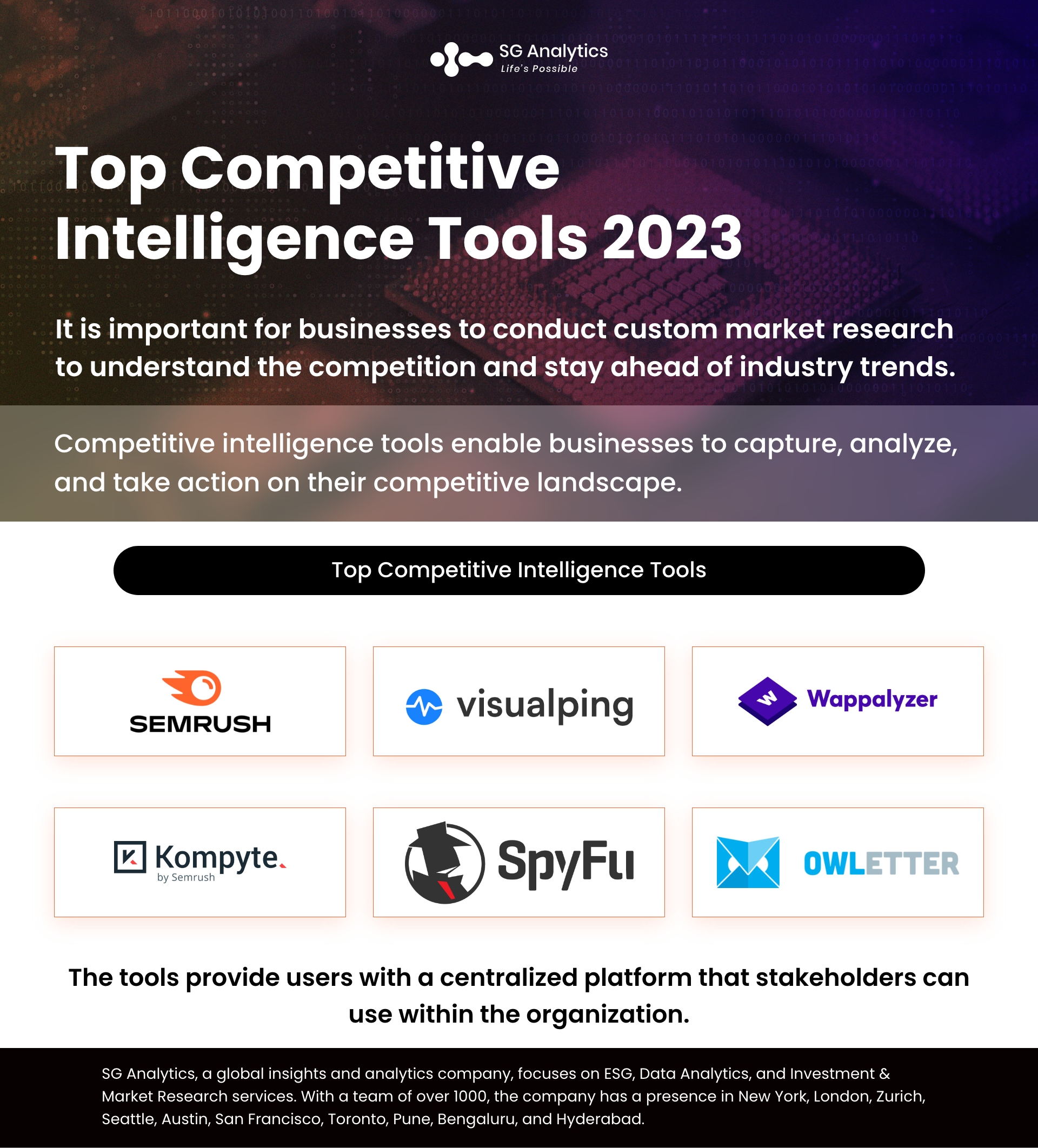
Final Thoughts - Competitive Intelligence Tools
Competitive intelligence tools are leveraged alongside buyer intent data providers. This helps in capturing research around actual buyer journeys and patterns of their purchase. Gathering competitive intelligence for search engine optimization enables businesses to gain a competitive edge in terms of their organic traffic. This tool helps them better understand their competitor's strategies and hone their marketing framework.
SG Analytics, recognized by the Financial Times as one of APAC’s fastest-growing firms, is a prominent insights and analytics company specializing in data-centric research and contextual analytics. Operating globally across the US, UK, Poland, Switzerland, and India, we expertly guide data from inception to transform it into invaluable insights using our knowledge-driven ecosystem, results-focused solutions, and advanced technology platform. Our distinguished clientele, including Fortune 500 giants, attests to our mastery of harnessing data with purpose, merging content and context to overcome business challenges. With our Brand Promise of “Life’s Possible,” we consistently deliver enduring value, ensuring the utmost client delight.
A leader in data consulting services, SG Analytics offers tailored competitive intelligence and reporting assistance for impactful decisions. Contact us today if you are seeking a robust business strategy, market research, and intelligence provider to expand into new markets or surpass your industry peers.
About SG Analytics
SG Analytics is an industry-leading global insights and analytics company providing data-centric research and contextual analytics services to its clients, including Fortune 500 companies, across BFSI, Technology, Media and entertainment, and Healthcare sectors. Established in 2007, SG Analytics is a Great Place to Work® (GPTW) certified company and has a team of over 1100 employees and has presence across the U.S.A, the U.K., Switzerland, Canada, and India.
Apart from being recognized by reputed firms such as Analytics India Magazine, Everest Group, and ISG, SG Analytics has been recently awarded as the top ESG consultancy of the year 2022 and Idea Awards 2023 by Entrepreneur India in the “Best Use of Data” category.









